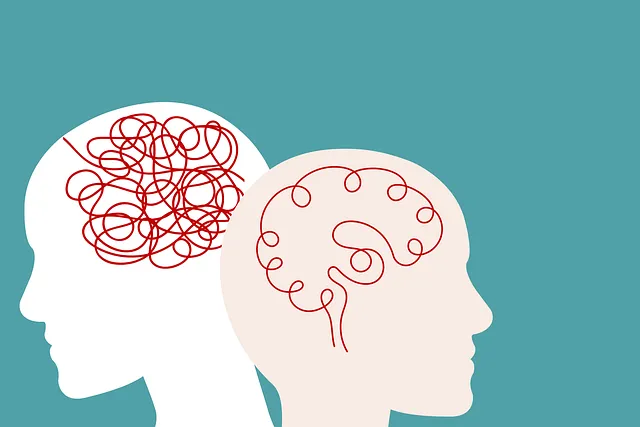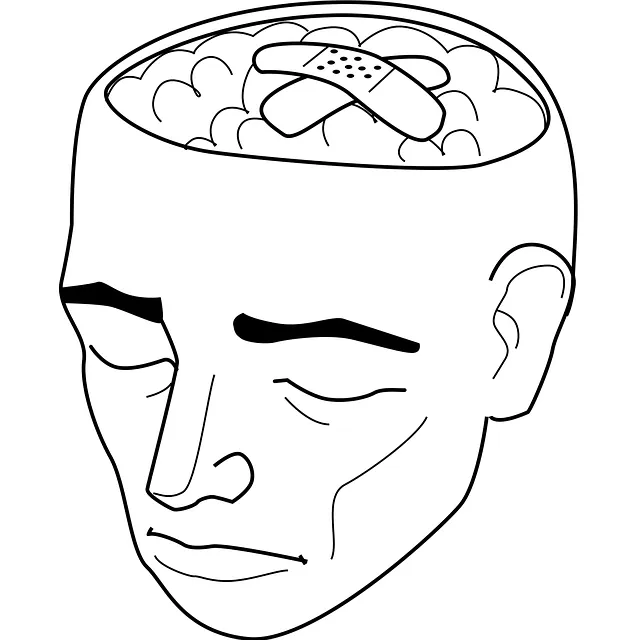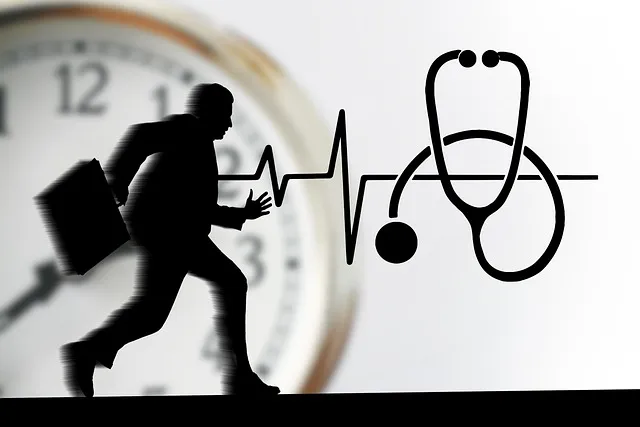The Lone Tree Kaiser Permanente mental health center focuses on building resilience through its Resilience, Flexibility, and Mindfulness (RFM) program, offering tailored strategies for stress reduction and prevention. This holistic approach goes beyond traditional therapy with a podcast series and evidence-based practices, ensuring accessibility and inclusivity for diverse patient needs. The center measures success by tracking well-being, engagement, and satisfaction, continuously improving services through data-driven methods, and positioning itself as a leader in resilient mental health care solutions.
At Lone Tree Kaiser Permanente mental health center, resilience is key to fostering well-being. This article explores how RFM (Risk, Frequency, and Motivation) exercises have been implemented to build mental fortitude. We’ll delve into the design process tailored for a mental health setting, offering strategic insights for successful integration. Discover best practices and measurement techniques used at Lone Tree KP, demonstrating the power of RFM in enhancing resilience among patients.
- Understanding RFM and Its Relevance at Lone Tree Kaiser Permanente
- Designing Resilience-Building Exercises for Mental Health Center
- Implementing RFM: Strategies and Best Practices
- Measuring Success and Continuous Improvement at Lone Tree KP
Understanding RFM and Its Relevance at Lone Tree Kaiser Permanente

At Lone Tree Kaiser Permanente mental health center, recognizing the intricate connection between resilience and overall well-being is paramount. RFM (Resilience, Flexibility, and Mindfulness) exercises are being increasingly integrated into treatment plans to address the growing need for effective stress reduction methods among patients. This approach acknowledges that fostering resilience isn’t just about overcoming adversity; it’s about developing coping mechanisms that enhance one’s ability to navigate life’s challenges with grace and equanimity.
The implementation of RFM at Lone Tree Kaiser Permanente aligns with the broader goals of public awareness campaigns development, aiming to equip individuals with practical mood management tools. By prioritizing mental health in this way, the center not only supports its patients’ immediate needs but also contributes to building a more resilient community capable of weathering life’s storms.
Designing Resilience-Building Exercises for Mental Health Center

At Lone Tree Kaiser Permanente mental health center, resilience-building exercises are carefully designed to cater to the unique needs and challenges faced by individuals seeking mental wellness. These exercises go beyond traditional therapy methods, incorporating innovative strategies that have been shown to enhance stress reduction methods and prevent burnout. The mental health professionals at Lone Tree Kaiser Permanente recognize that building resilience is a crucial aspect of overall mental health, enabling clients to navigate life’s uncertainties with greater ease.
The center offers a Mental Wellness Podcast Series Production as part of its commitment to engaging and diverse treatment options. This production features a range of topics aimed at promoting mental wellness, including effective stress reduction methods and practical tools for building resilience. By leveraging technology and creative content, Lone Tree Kaiser Permanente ensures that their clients have access to valuable resources both inside and outside the therapy setting, fostering a holistic approach to mental health care.
Implementing RFM: Strategies and Best Practices

Implementing RFM (Resilience, Flexibility, and Mastery) at the Lone Tree Kaiser Permanente mental health center involves a strategic approach to enhancing patient resilience and overall well-being. The process begins with assessing individual and community needs, recognizing that every client’s journey towards mental health recovery is unique. Best practices include tailoring interventions to specific populations, such as adapting exercises for diverse age groups or cultural backgrounds, ensuring accessibility and inclusivity.
The center’s counselors and therapists play a pivotal role in guiding patients through RFM techniques, offering Crisis Intervention Guidance tailored to immediate needs while fostering Depression Prevention strategies for long-term mental health management. Regular training sessions for staff on the latest Mental Health Policy Analysis and Advocacy ensure that the center remains at the forefront of evidence-based practices, continually improving services and outcomes for its diverse clientele.
Measuring Success and Continuous Improvement at Lone Tree KP

At Lone Tree Kaiser Permanente mental health center, measuring success goes beyond simple numbers. It’s a holistic process that involves tracking improvements in patient well-being, engagement, and satisfaction. By employing tailored metrics, the center assesses the impact of resilience building exercises such as Self-Esteem Improvement programs and Social Skills Training initiatives. This data-driven approach ensures that each intervention aligns with the unique needs of their diverse patient population.
Continuous improvement is a cornerstone of Lone Tree KP’s philosophy. Regular reviews of program effectiveness allow for iterative adjustments, guaranteeing that services remain relevant and impactful over time. Through this relentless pursuit of excellence, the mental health center not only enhances existing programs but also develops innovative strategies to better equip patients with essential tools for Stress Management. This commitment to ongoing refinement sets Lone Tree Kaiser Permanente apart as a leader in resilient mental health care solutions.
The implementation of RFM (Resilience, Flexibility, and Mastery) programs at Lone Tree Kaiser Permanente Mental Health Center has demonstrated significant benefits in enhancing resilience among patients. By designing tailored exercises that cater to the unique needs of the center’s population, staff have been able to foster a more robust coping mechanism, leading to improved mental health outcomes. The successful measuring and continuous improvement strategies employed by Lone Tree KP serve as a model for other healthcare facilities aiming to integrate resilience-building initiatives. This approach not only strengthens individual resilience but also contributes to a more resilient community overall, especially in the context of Lone Tree Kaiser Permanente mental health center’s dedicated services.






